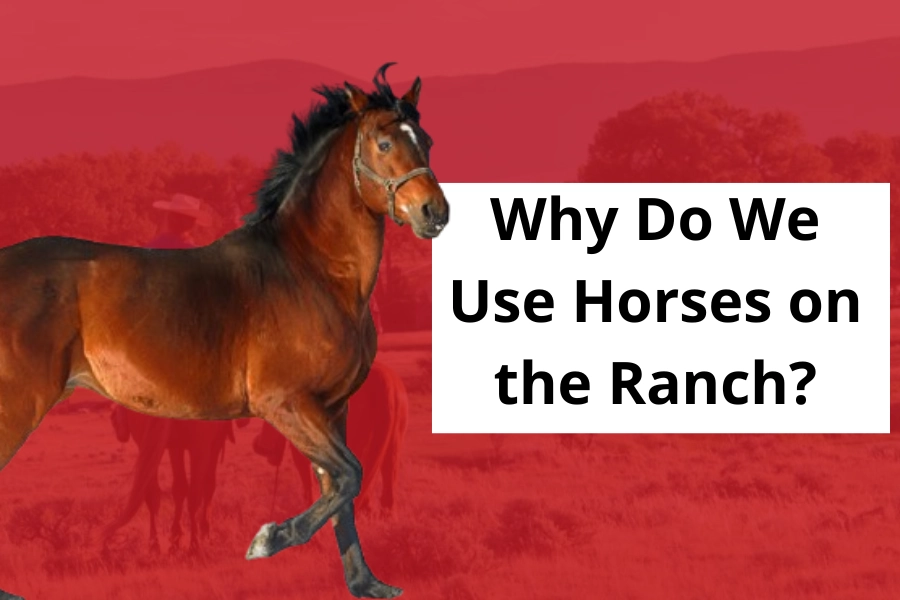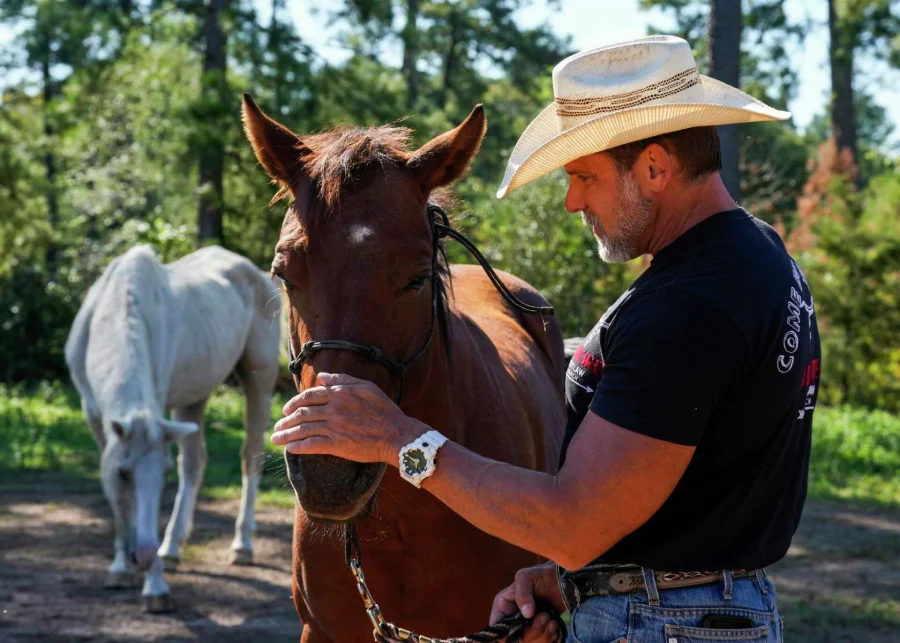Why Do We Use Horses on the Ranch? Efficiency and Tradition

As the world develops, industrialization becomes more and more modern and machines are gradually replacing many jobs. However, you will still often see the image of hardworking horse “workers” on the farm. Is there any contradiction between using animal traction and applying modern technology in agriculture?
People often say that “horses are man’s loyal friend”. This saying is not just a folk song or proverb but also contains a long-standing culture. Even today, when a series of modern machines are born, horses always accompany people on all farms. So let’s find out the truth behind why do we use horses on the ranch in the modern age of machines like today with Raxin Horse!
Why Do We Use Horses on the Ranch?
Surely this is the question of many people when they accidentally see horses on the farm. Why don’t we replace horses with an ATV to have faster speed, and carry more things without too much care? Or why horses, not other healthy animals?
In fact, the culture of using horses on the farm has existed for a long time. Horses are an indispensable part of the farming culture originating from the Old West. This is not simply a long-standing tradition, using horses on the farm also brings many great benefits in terms of livestock farming and the environment. Horses will contribute to creating a friendly and sustainable farm.




